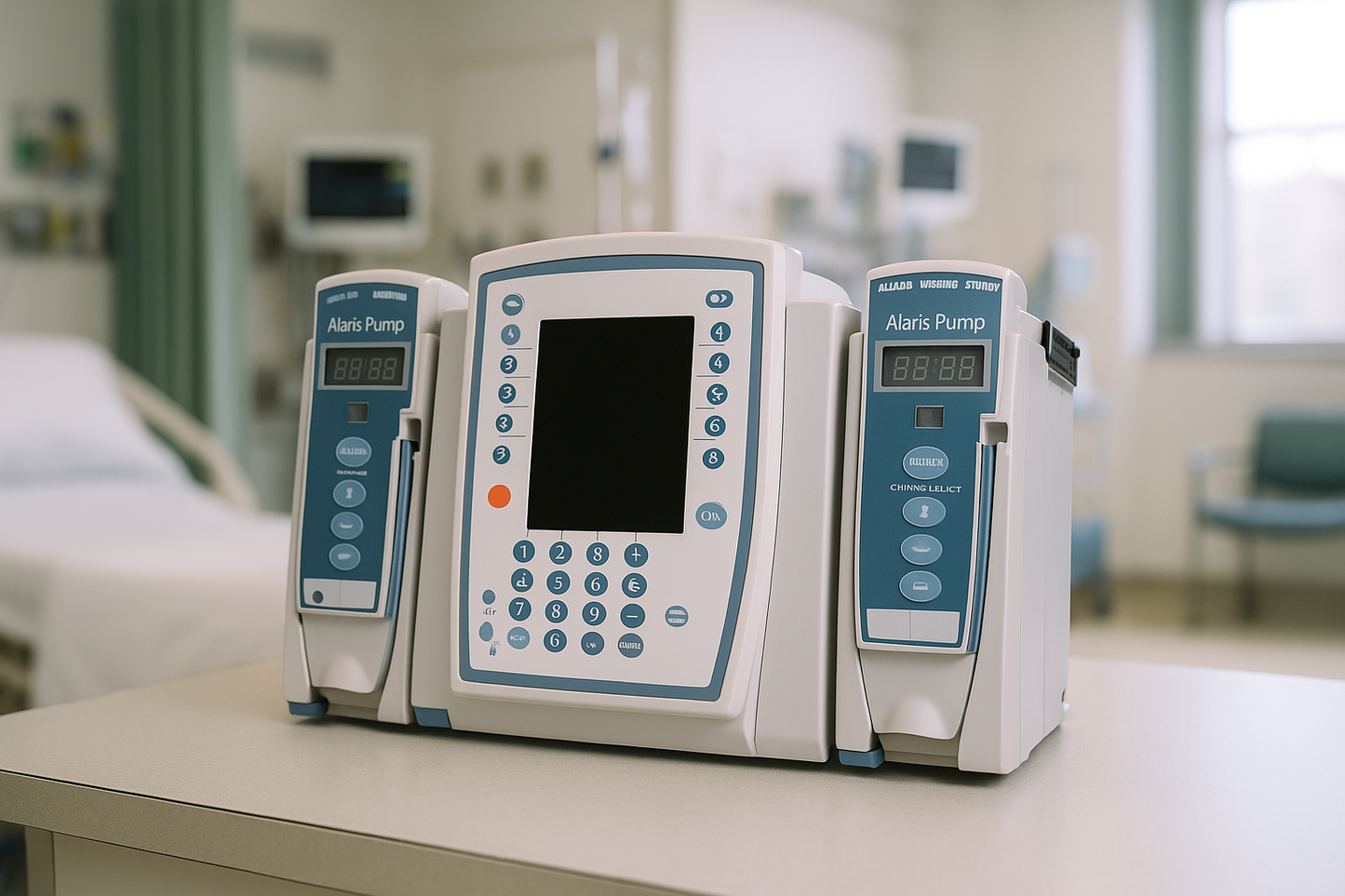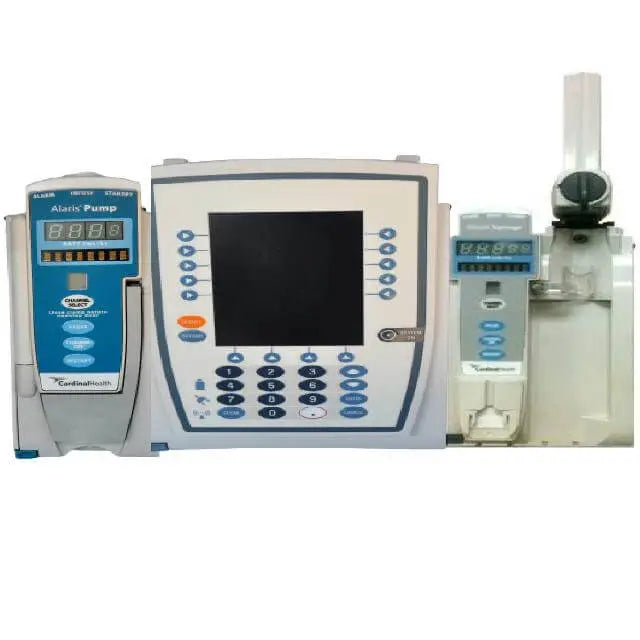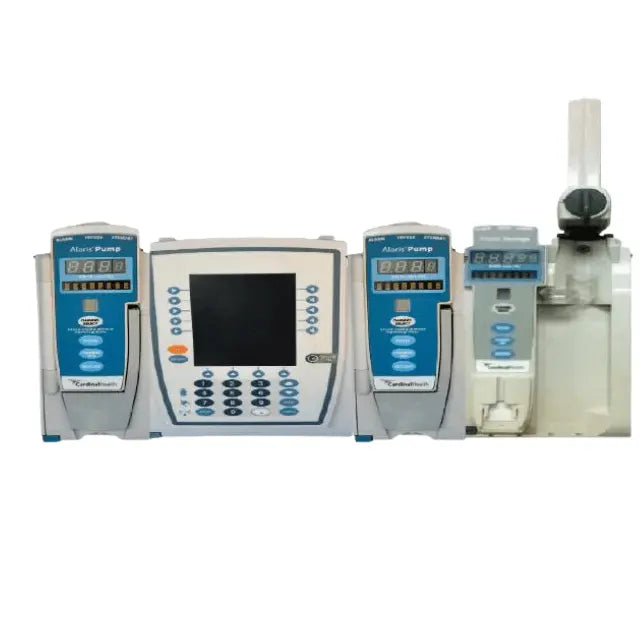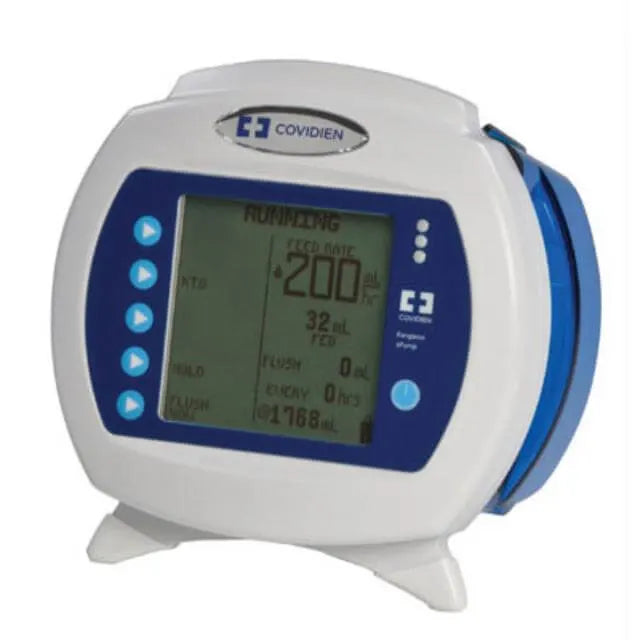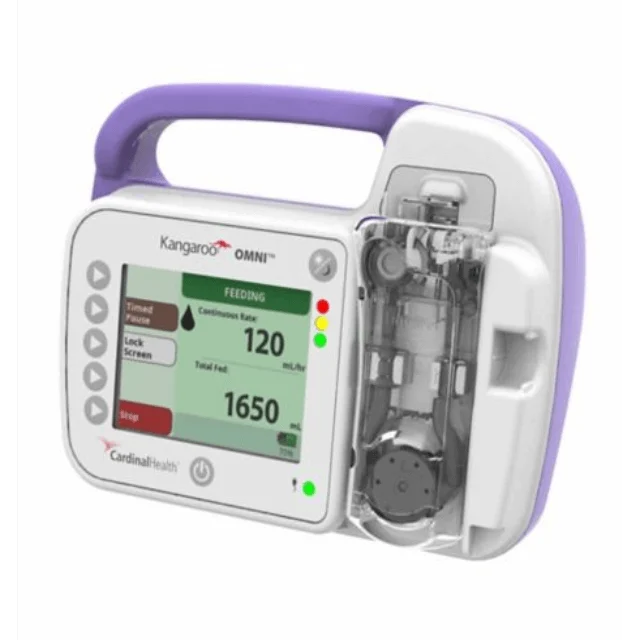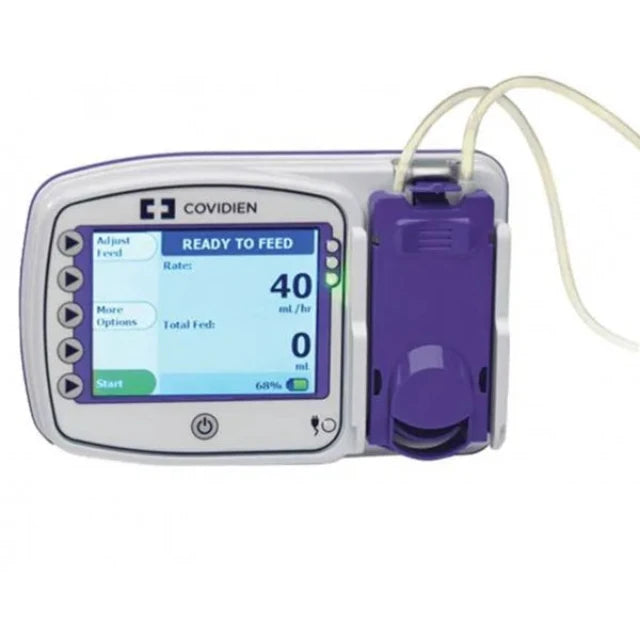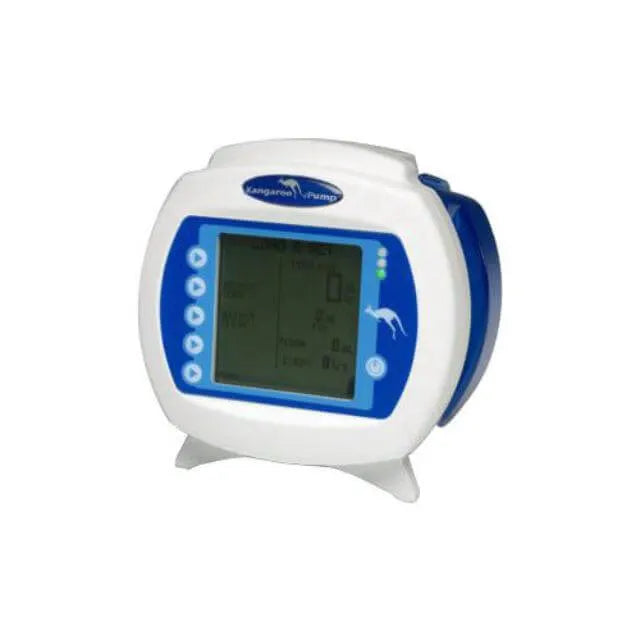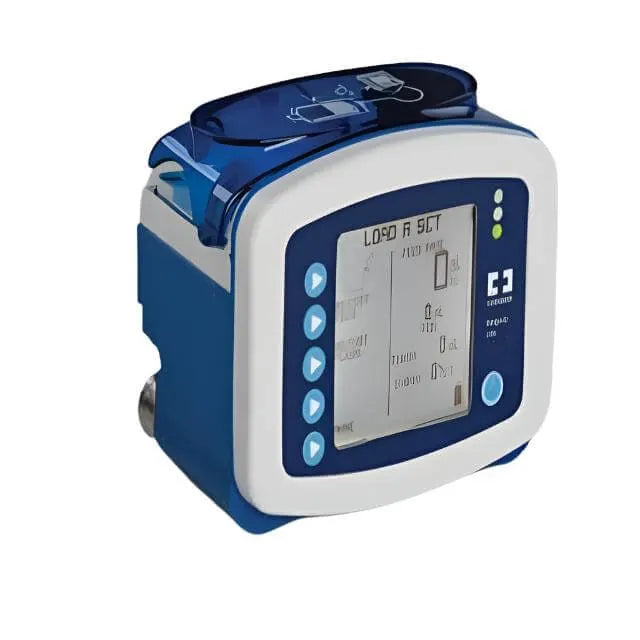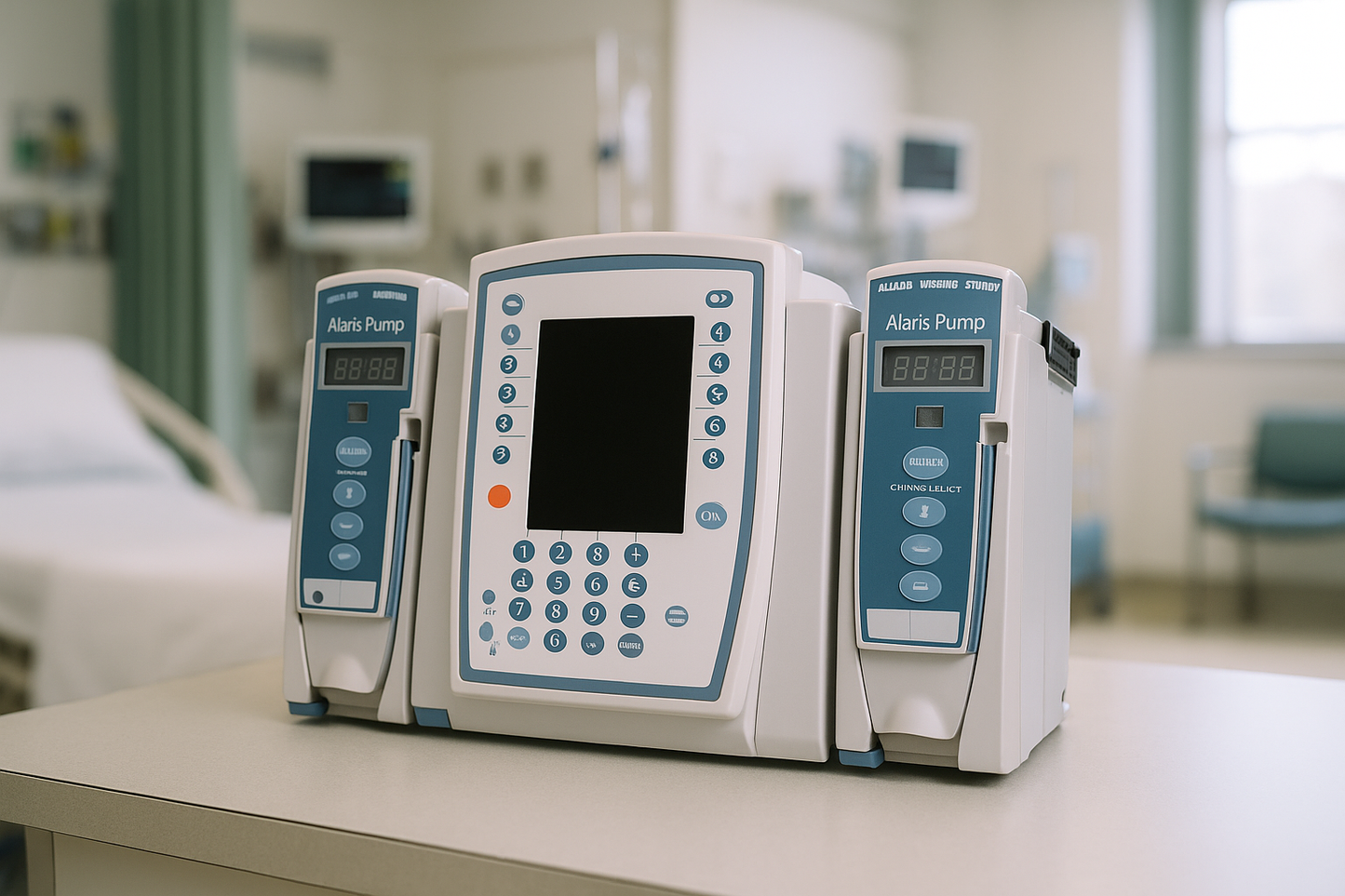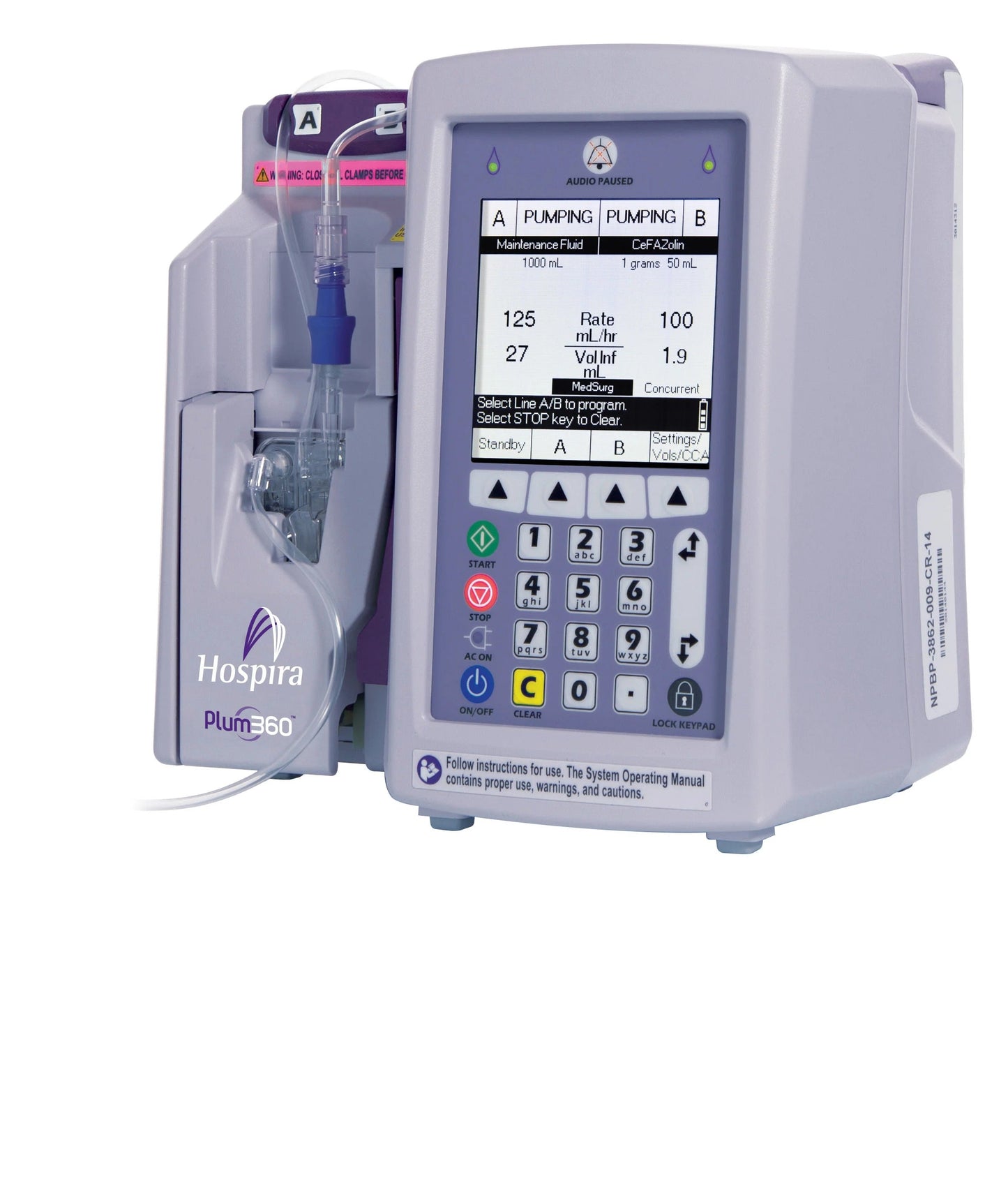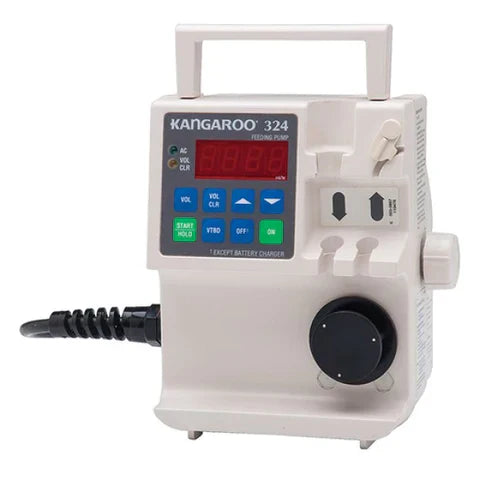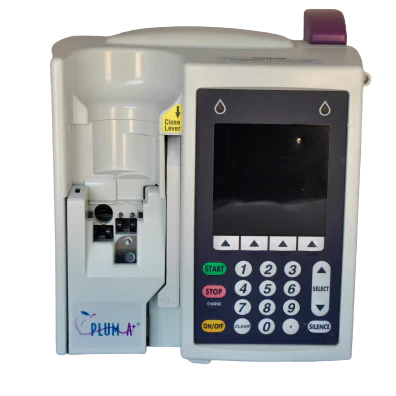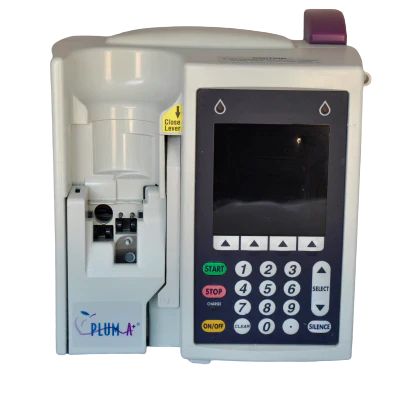
Precision and effectiveness are of the utmost importance in healthcare, especially when it comes to administering fluids, medications, and nutrients directly into a patient's bloodstream. This is where intravenous pumps, or IV pumps, come into play. These medical devices are designed to deliver controlled volumes of substances directly into a patient's veins to ensure optimal treatment.
As a leading medical equipment manufacturer, United Infusion is excited to share important information about IV pumps and the role they play in medicine both today and in the future.
The Role of IV Pumps in Patient Care
IV pumps play a pivotal role in various healthcare settings, including hospitals, clinics, and specialized treatment centers. From administering life-sustaining fluids to delivering critical medications, IV pumps significantly enhance patient outcomes and reduce the risk of error. They also create a sterile environment for the delivery of fluids and medications to reduce the likeliness of infection and safeguard each patient’s well-being.
Types of IV Pumps
There are several different types of IV pumps, each designed for specific purposes and patient needs. Some of the most common types of IV pumps include:
- Syringe pumps deliver a small volume of fluids or medication into a patient's bloodstream. These are often used in chemotherapy or pain management.
- Volumetric pumps use a piston or diaphragm to deliver larger volumes of fluid or medication into a patient's bloodstream. These are often used in hydration therapy or blood transfusions.
- Peristaltic pumps use a rotating roller to move fluid or medication through a tube and into a patient's bloodstream. These are often used for delivering fluids that are sensitive to shear forces, such as blood or platelets.
- Implantable pumps are surgically implanted under the skin and are used to deliver long-term therapy. These are often used for pain management or chemotherapy.
Each type of IV pump has its own advantages and disadvantages, and the choice of pump will depend on the patient's condition and the type of therapy being administered.
Safety Considerations with IV Pumps
Several safety considerations should be taken into account when using IV pumps. Healthcare professionals who use IV pumps should be trained on the proper use and maintenance of the device. This includes understanding how to program the pump, how to operate it safely, and how to troubleshoot common problems.
Additionally, regular inspection and maintenance of IV pumps are also essential to ensure their safe operation. IV pumps should be equipped with alarms to alert healthcare professionals of any problems. These alarms can include indicators for low battery, occlusion, or malfunction. It’s essential that healthcare professionals are familiar with the alarms and that they respond to them promptly.
The Future of IV Pumps
There are new technologies, including Artificial intelligence (AI), wireless technology, and the Internet of Things (IoT), in development to improve IV pump accuracy, reliability, and connectivity.
While these developments are in the early stages and will take thorough testing before approval and implementation, this innovation is promising for the future of IV pumps. We’re hopeful these new technologies will increase efficiency in medicine and improve patient experience and care.
